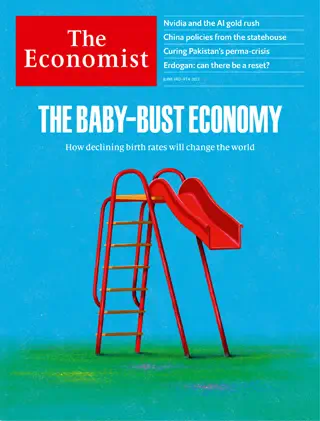
The Economist is a weekly news and international affairs publication, with a focus on economic, political, and business news and analysis. It covers a wide range of topics, including international news and politics, business and finance, science and technology, and culture. The magazine's goal is to provide in-depth, unbiased and accurate analysis on current events and their impact on the global economy and society.
The Economist features articles by both staff writers and freelance contributors, covering a wide range of topics such as international politics and economics, business and finance, science and technology, and culture. It is known for its in-depth analysis of current events, and its ability to provide a unique and insightful perspective on the issues of the day. The magazine also includes special reports, country briefings, and surveys on various topics, as well as its famous leader/editorials.
The Economist is aimed at readers who are interested in current affairs and international politics, with a focus on economic and business analysis. It's a respected source of news and analysis, and is known for its independent and unbiased approach to reporting. The magazine's goal is to provide readers with a clear and well-rounded perspective on the events and issues shaping the world today. It's a valuable resource for anyone who wants to stay informed about the latest developments in the world of politics, business, and economics.